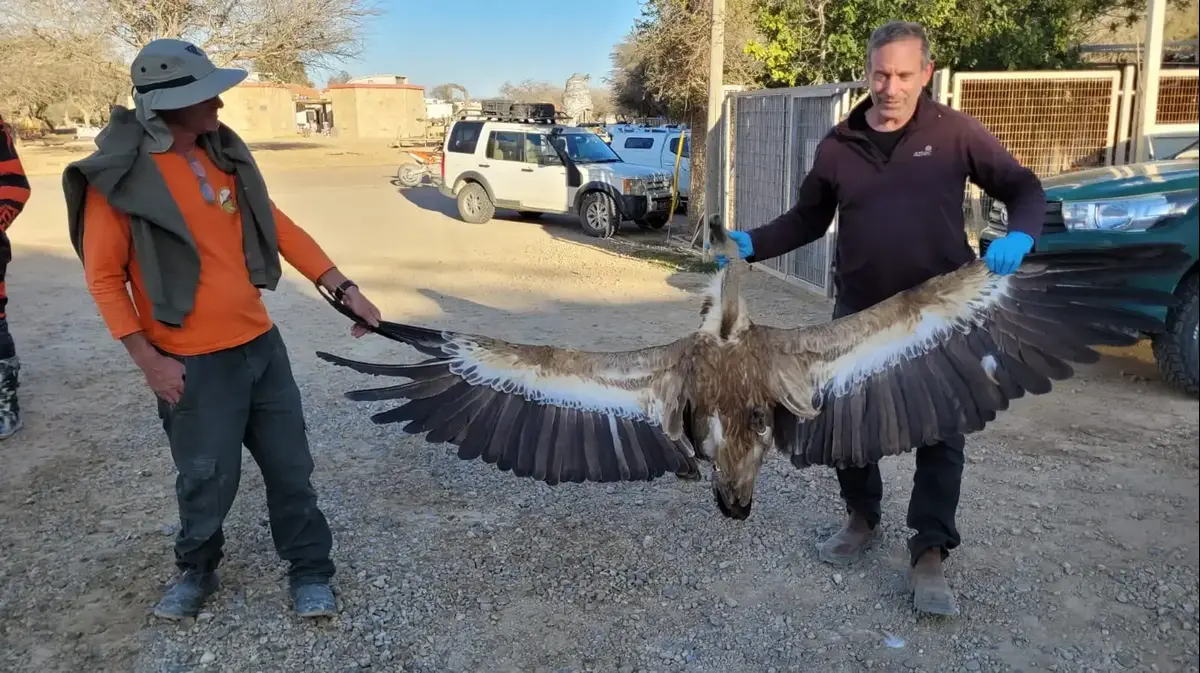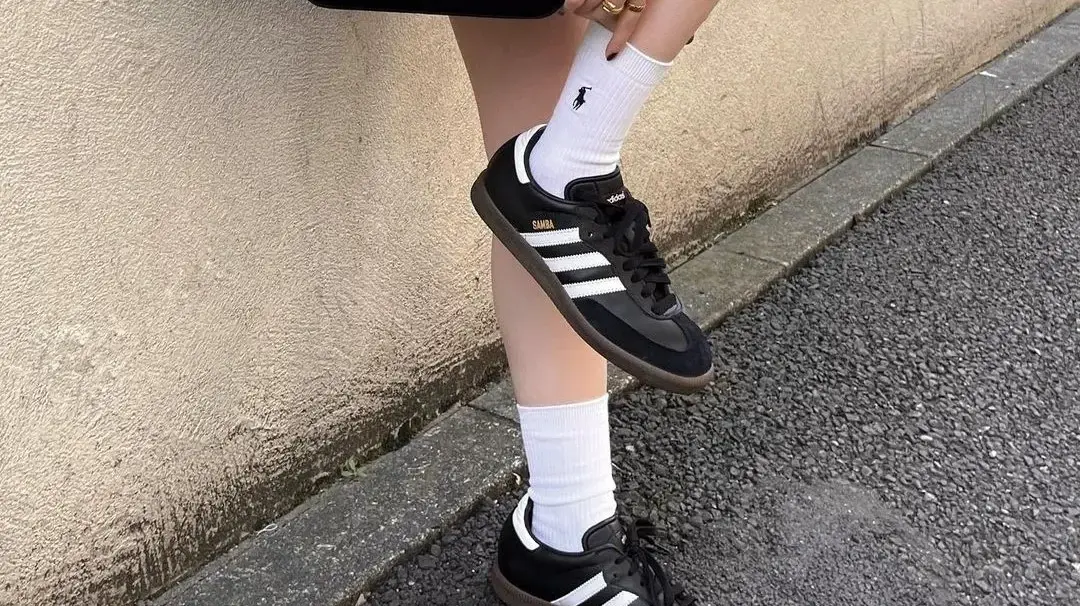Enlarge image
Erwin Kostedde only played three times for Germany
Photo:
imago images / Sven Simon
Allowed to play in the Wembley Stadium, 100,000 spectators are gathered in a team with Franz Beckenbauer, Sepp Maier, Berti Vogts.
What a dream for a footballer.
For Erwin Kostedde, this dream came true on March 12, 1975.
England versus Germany.
It will be his nightmare.
The German guest fans in Wembley rage against the center forward from Kickers Offenbach, he is badly insulted, Kostedde is upset, he can no longer concentrate on playing, "I played like a bucket of water".
He is actually in the shape of his life, he scored 18 Bundesliga goals this season, but Erwin Kostedde, Germany's first black national player, has the wrong skin color for the mob in the stands.
When Erwin Kostedde tells what it was like to grow up in post-war Germany as a child of a black US soldier, how he tried to scrub his skin as a teenager - »I took curd soap and washed myself for three or four hours, but I wasn't white «- these are the most impressive and oppressive moments of the documentary» Black Eagles «, which filmmaker Torsten Körner has compiled and with which he traces the fate of black soccer players in Germany.
The film will be available on Amazon Prime from Thursday.
The reporter asks about the circus
"You can't imagine what it was like to walk through Germany with that color of skin back then," says the 74-year-old.
Körner sprinkles in film clips from the 1950s in which the reporter asks a woman with a black child whether she would rather give her baby up for adoption in Africa, because otherwise it has no future in this country: Or does she want the child to go to the circus bring?
Kostedde says that he "often felt like he was being treated like an object", "I didn't do anything, I just have a different skin color."
An exhausted, bitter man sits there, but he was the favorite of the fans in Offenbach and later in Bremen.
"Erwin was a hero, Gerd Müller Zwo," says William, known as Jimmy, Hartwig, his teammate at the Offenbacher Kickers.
But this constant hostility, insults, they wore down the soccer star Erwin Kostedde.
Enlarge image
William "Jimmy" Hartwig today - in the national shirt from 1979
Photo: Broadview Pictures
Jimmy Hartwig was not only Kosteddes' team-mate, as a child of a black GI he also experienced everything that Kostedde had to go through.
Hartwig dealt with it differently, he tried to let the insults ricochet off, he openly stated in public that he feels discriminated against and that, in his view, it is no coincidence that he, as an outstanding player of his time, as a top performer in Ernst Happel's legendary Hamburger SV supersault team, only got two international appointments.
"Then you can work on my plantation"
Körner's film also shows how differently players process what they experienced and experience every day.
There is Hartwig or the former Cologne and Düsseldorf professional Anthony Baffoe, who demonstrate their self-confidence to the outside world.
Baffoe's counterattack when a fan mocked him: "You will soon be unemployed anyway, then you can work on my plantation" has become famous.
There is Werder U21 international Jean-Manuel Mbom, who says: "I think my skin color is cool."
But there is also the weeping Gerald Asamoah, who sits on the edge of the field after he was treated with monkey noises and racist scrambling for 90 minutes against Energie Cottbus.
A reflection of deeply wounded pride.
“I've seen a lot in this regard, but Cottbus was special.
This hatred. "
Like the DFB world champion and later national coach Steffi Jones, Asamoah is one of those who were also celebrated in the national team, Asamoah was part of the summer fairy tale squad, after the tournament he stood in front of a huge crowd in front of the Brandenburg Gate, who paid homage to him and his teammates.
"So I thought we had reached a different level, but then you will be brought back." Back in the league, when his Schalke team played in Rostock, he had to experience everything that he thought he had left behind in his World Cup euphoria: " The feeling that everyone is against you. "
Moderated as a "coffee-brown beauty"
A feeling that Shary Reeves, the author and former footballer, overwhelmed while telling the story in front of Körner's camera: "I love this country, but sometimes I think ..." Then she can't go on.
As a teenager, Reeves had made it to the invitation to join the DFB youth team, until then national coach Gero Bisanz refused: "You will never be a national player anyway, you don't even have a German passport."
The neighboring campaign by AfD politician Alexander Gauland against Jérôme Boateng, the disparaging comment by ARD sports show legend Ernst Huberty, who once presented the goal scorer of the month, Beverly Ranger, as a “coffee-brown beauty”, the debate that players from immigrant families should play the national anthem Don't sing along - Körner looks back on all of this, there are a few bright spots, but above all it is a story of German football that makes you shudder, a story of indifference, ignorance and disdain.
And above all a story that has not passed.
“I won't live to live in a world without discrimination and racism,” says ex-national player Patrick Owomoyela in the film, and former Dortmund professional Otto Addo, now a youth coach at BVB, states: “It's always today the same problems, the same issues as 20 or 30 years ago. ”What a sobering conclusion.









